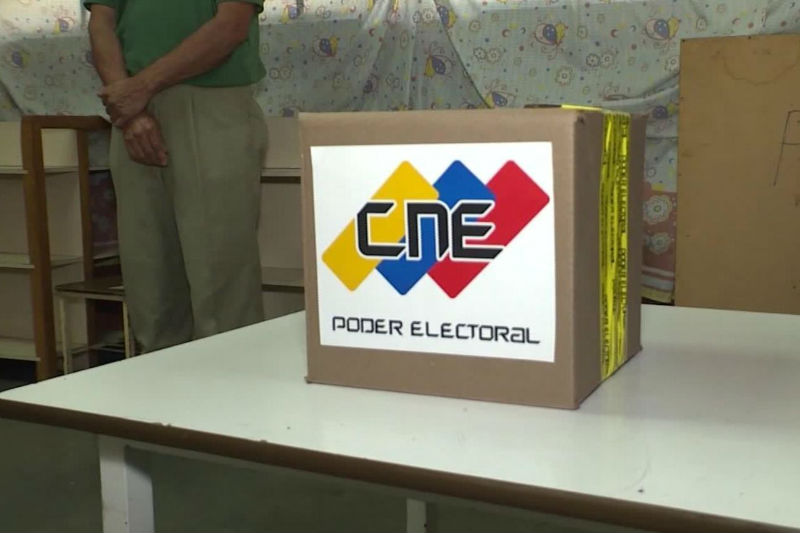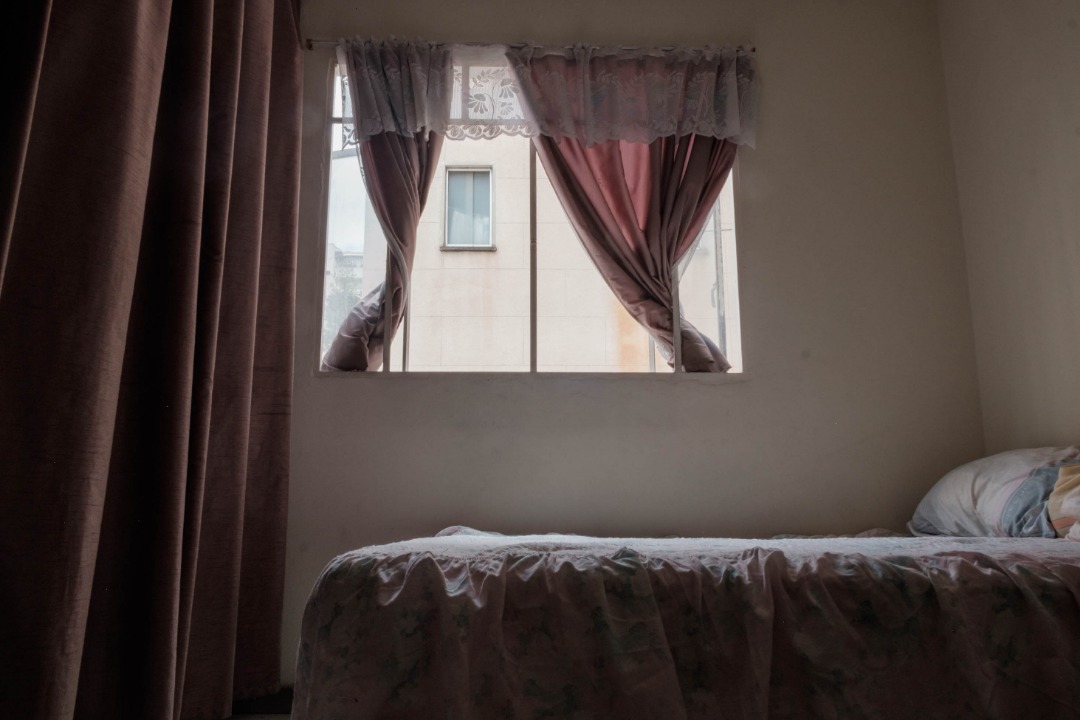Carlos Ramírez, a member of the Sidor Steel Complex labor union, affirmed today in an interview with Provea that it is false to say the company workers are receiving the essentials to work in safe conditions amid the COVID 19 emergency. In this sense, he denies the comments from Vice President for the Economic Area Tareck El Aissami, who affirmed yesterday that all the State-owned companies were giving adequate protection to workers and guaranteeing compliance with health safety protocols.
Ramírez affirms that the only Sidor workers occasionally receiving face masks are those in the pellet plant, but those who work in cold rolling, hot rolling, the dock, and other areas are not given any. The occupational medicine department has no way to treat a slight accident or to administer an injection. Most doctors are not showing up to work due to a lack of transportation. Out of a fleet of approximately 180 buses, only about 10 are in use. Workers using their cars are discouraged by the difficulties in getting fuel for their vehicles.
A statement from Sidor’s management informed that all workers would be given a box of food items but nothing was delivered. Only a group of workers who completed 112 hours of permanence at the plant received the box. How can a hungry worker on a low wage and transportation difficulties stay for that long? Furthermore, it is discriminatory to deliver benefits to a group of workers privileged by the company’s management. Most are excluded.
Since the government decreed the so-called salary tables in August 2018, the management does not give us any proof of payment to know what is being paid from the convened collective contract.
Regarding Nicolás Maduro’s promise that he would pay the wages of workers of the state-owned companies, he affirms having consulted several workers from other companies and no one has received that promised salary.
The union leader calls for security protocols to be observed in all State-owned companies in Guayana to prevent COVID-19 infections, comply with collective agreements, and guarantee a living wage in the face of inflation that constantly deteriorates their income.




